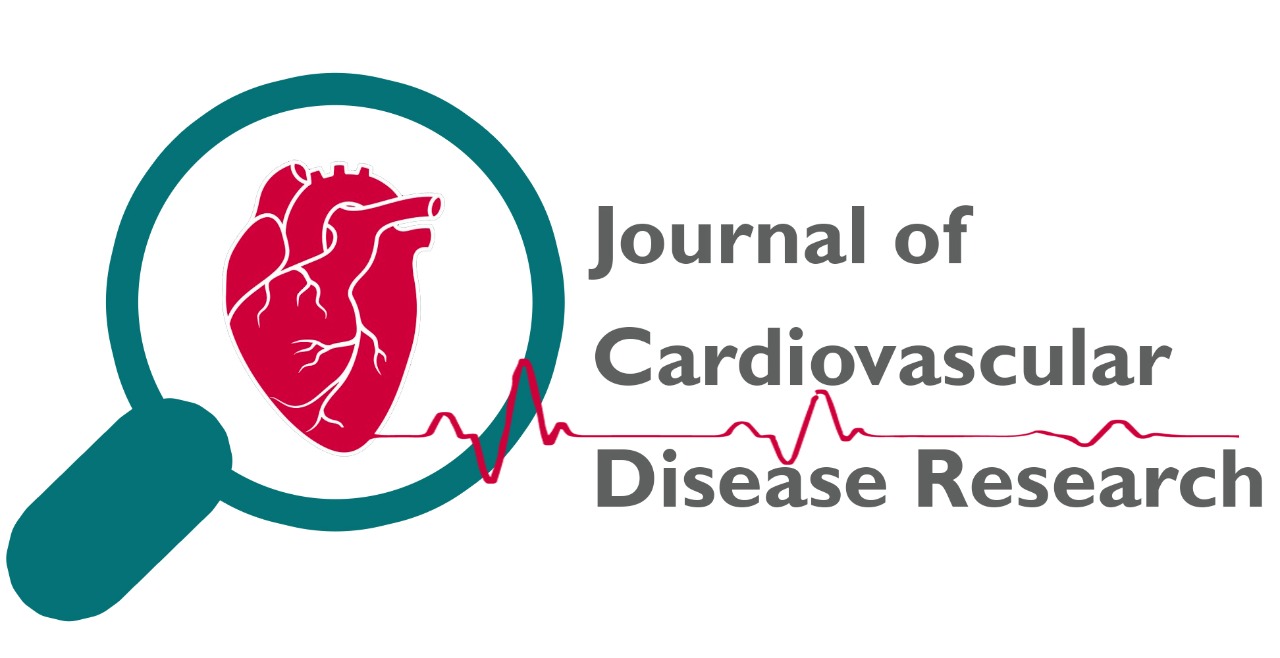
The impact of Practicing sports activities on general health and some variables of body composition (body mass index, muscular component, the component fatty).
Ali Mohammed Hummedi, Eman Makki Almustafa, Ruqaiah Ali Almarhoon, Nora Abdrubalameer Shaabann, Hala ali Alqassab, Fatimah Ali Alawami, Fatimah Reda Alnasser, Waheeda khalil abuqurain, Huda Ahmed Al ghamdi, Fatimah Mohammed Alzouri
JCDR. 2018: 390-413
Abstract
Scientific evidence and indications strongly emphasize the crucial role of physical activity in promoting both physical and psychological health for individuals. Conversely, the hazards associated with physical inactivity pose substantial risks to individual health and the proper functioning of body organs. While knowledge about the benefits of physical activity is not novel, the significant lifestyle transformations witnessed in the industrialized world during the latter half of the previous century have led to a surge in diseases linked to contemporary lifestyles. Conditions such as heart disease, diabetes, obesity, and osteoporosis have seen a remarkable increase, prompting intensified scientific research over the last three decades. This focused research aimed to elucidate the impact of physical inactivity on the development of these hypokinetic diseases. Consequently, a wealth of scientific facts has been amassed, underscoring the adverse health consequences of physical inactivity on both human health and organ functions. Simultaneously, these studies have highlighted the affirmative role that heightened physical activity and elevated cardiorespiratory fitness play in enhancing body organ functions and fostering overall health. The abundance of scientific evidence underscores the imperative need for individuals to engage in regular physical activity to mitigate health risks and contribute to the optimal functioning of bodily organs. Results: our results echo previous findings, affirming the positive influence of exercise programs on cardiometabolic indicators and body composition. The variations in the extent of body fat reduction highlight the importance of tailoring exercise interventions to specific goals and participant characteristics. The overall congruence with existing literature supports the robustness of our findings and emphasizes the role of regular exercise in promoting cardiovascular health and favorable changes in body composition. In conclusion, the escalating prevalence of chronic diseases in Saudi society emphasizes the pressing need to address the lack of regular exercise. Chronic conditions like diabetes, high blood pressure, and obesity pose significant threats to individuals' lives and overall well-being, with obesity stemming from physical inactivity being a notable contributor to health issues. This study introduced a sports program for obese individuals, incorporating flexibility exercises and low- to medium-intensity aerobic activities. The positive impact of this program on body components, physical fitness, and health-related biochemical variables was evident through statistical analysis, revealing improvements in the studied variables. These findings underscore the crucial role of physical and sports activities in enhancing the health of obese individuals, promoting weight loss, improving lipid profiles, and regulating blood sugar. The universal applicability of physical activity's broader health benefits emphasizes the need for widespread awareness regarding the importance of sustained and regular sports participation, tailored to individual circumstances. By advocating simple and cost-effective means of physical activity, there is hope for mitigating disease severity and cultivating a healthier society.
Description
Volume & Issue
Volume 9 Issue 4
Keywords
|
This is an open access journal which means that all content is freely available without charge to the user or his/her institution. Users are allowed to read, download, copy, distribute, print, search, or link to the full texts of the articles in this journal without asking prior permission from the publisher or the author. This is in accordance with the Budapest Open Access Initiative (BOAI) definition of open access.
The articles in Journal of Cardiovascular Disease Research are open access articles licensed under the terms of the Creative Commons Attribution Non-Commercial License (http://creativecommons.org/licenses/by-nc-sa/3.0/) which permits unrestricted, non-commercial use, distribution and reproduction in any medium, provided the work is properly cited. |
|
|
|
|
|
Copyright � 2022 Journal of Cardiovascular Disease Research All Rights Reserved. Subject to change without notice from or liability to Journal of Cardiovascular Disease Research.
For best results, please use Internet Explorer or Google Chrome POLICIES & JOURNAL LINKS
Author Login
Reviewer Login About Publisher Advertising Policy Author's Rights and Obligations Conflict of Interest Policy Copyright Information Digital Archiving & Preservation Policies Editorial Policies Peer Review Policy Editorial & Peer Review Process License Information Plagiarism Policy Privacy Policy Protection of Research Participants (Statement On Human And Animal Rights) Publication Ethics and Publication Malpractice Statement Corrections, Retractions & Expressions of Concern Self-Archiving Policies Statement of Informed Consent Terms of Use |
Contact InformationJournal of cardiovascular Disease Research,
|




